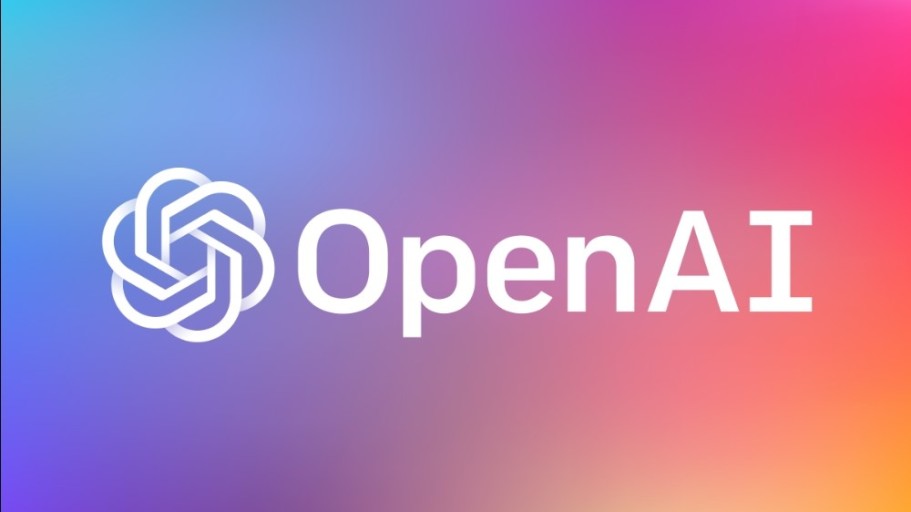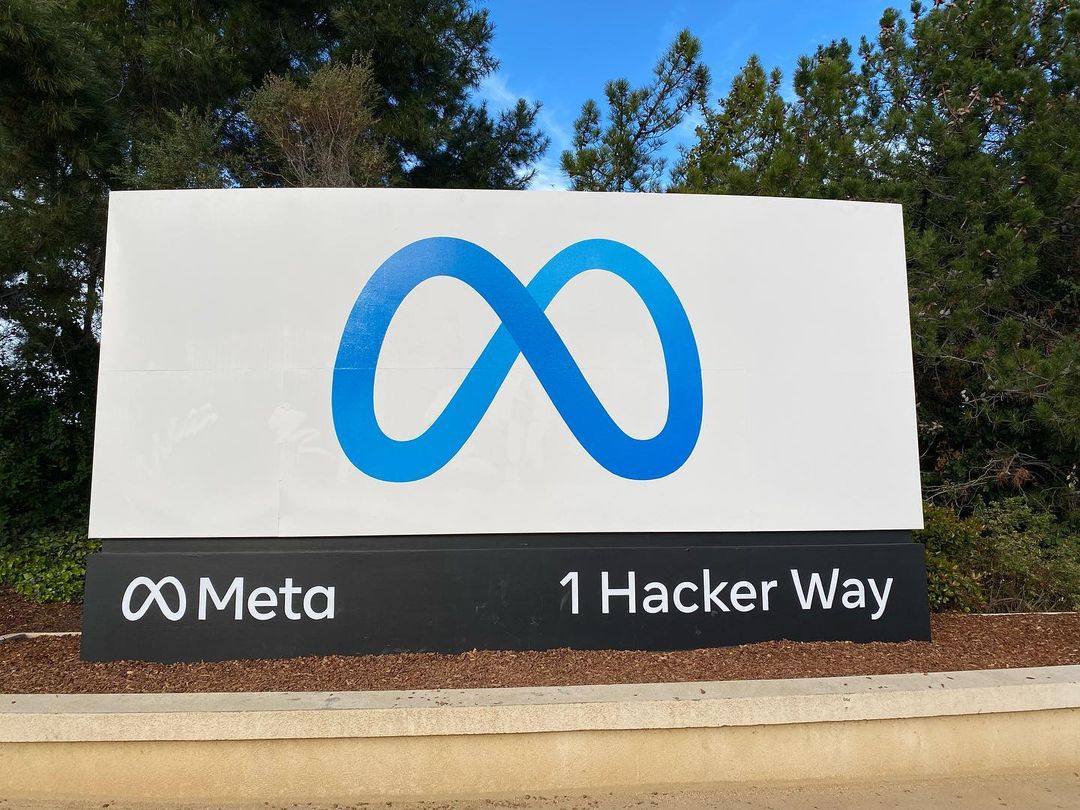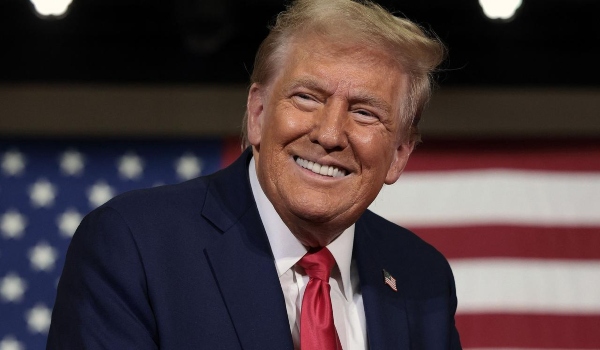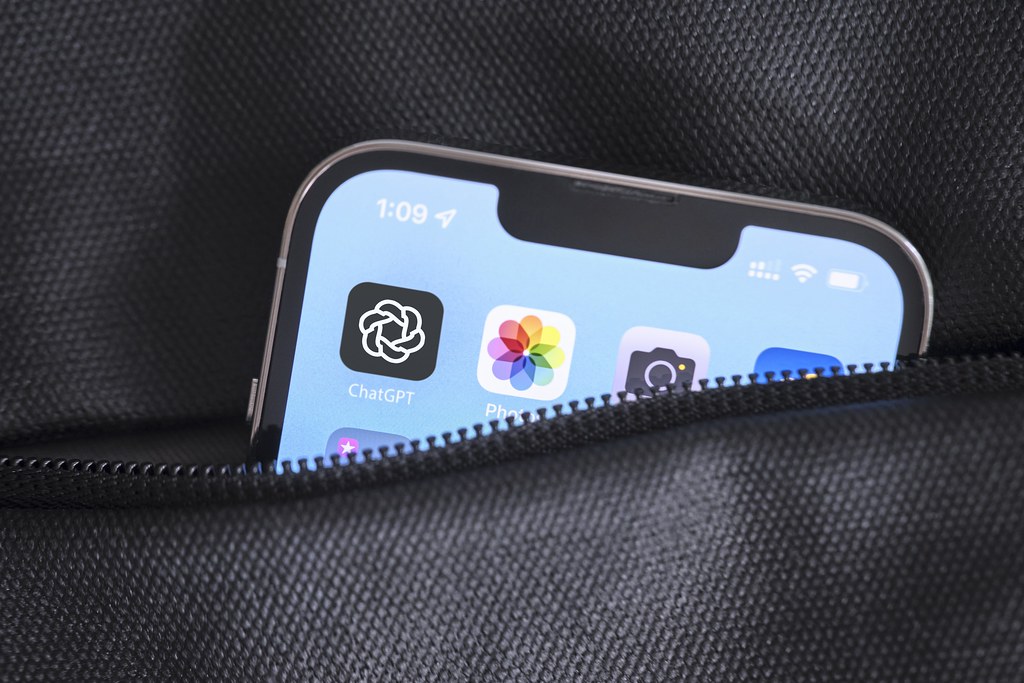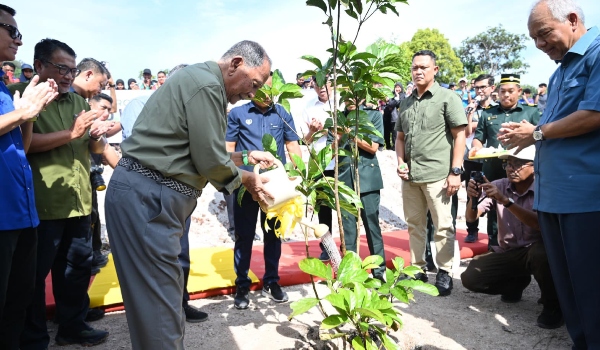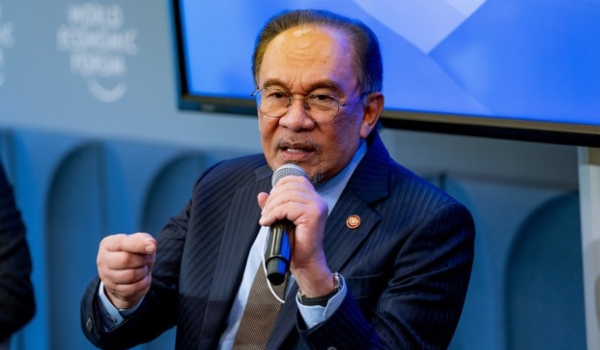Nick Turley, head of product for OpenAI’s ChatGPT, is set to testify as a key witness in the U.S. government’s antitrust case against Google. The Department of Justice (DOJ) aims to demonstrate the significant barriers competitors face in entering the search market dominated by Google. To strengthen its case, the DOJ has enlisted several Google competitors, including OpenAI, Microsoft, and Perplexity, to provide insights and testimony.
The DOJ intends to question Turley about OpenAI’s AI product strategy, its integration into search-related products, and its partnership with Microsoft. These elements are central to understanding the competitive landscape and Google’s dominance. The government refers to “search access points” like Google Chrome to highlight products that facilitate web searches. This terminology underscores the DOJ’s argument regarding Google’s control over search-related access.
Google’s Concerns and Legal Maneuvers
Google has expressed concerns about the reliance on Turley as a primary witness, arguing that it necessitates more documents from additional executives. The company claims that focusing primarily on Turley “would prejudice Google,” suggesting that he was “handpicked” by the DOJ.
“Mr. Turley is a witness handpicked by Plaintiffs [the DOJ] to testify on OpenAI’s behalf” – Google’s lawyers
OpenAI has countered Google’s demands for expansive documentation, requesting the court to restrict the scope of evidence sought by Google. The company’s legal team describes Google’s insistence on obtaining documents from top executives like CEO Sam Altman as a “Trojan horse intended to harass OpenAI executives.”
“Trojan horse intended to harass OpenAI executives” – OpenAI’s lawyers
Google has criticized OpenAI for what it deems a lack of sufficient documentation production, labeling it as “stunningly few documents.” Meanwhile, the DOJ has not disclosed specifics about its planned questions for Turley but continues to seek penalties against Google, which could include divesting its Chrome browser or imposing a decade-long ban on releasing any browser products.
In October 2024, ChatGPT made headlines with the launch of its own AI search browser, expanding its footprint in the search market. This development came after a landmark ruling last August, where a court determined Google holds a monopoly in search—a pivotal moment that set the stage for this antitrust battle.
What The Author Thinks
The antitrust case against Google highlights the growing concern over monopolistic practices in the tech industry, especially within the search market. Nick Turley’s testimony represents a critical moment in this legal confrontation, offering a unique perspective from a competing company deeply integrated with AI innovation. This case not only underscores the challenges new entrants face against established giants but also sets a significant precedent on how antitrust laws are interpreted in the era of digital monopolies.


